Economic Update: The Emerging New World Economy
Last updated: May 6, 2023
Neoliberal capitalism emerged after the Great Depression and World War II, and led to the offshoring of jobs to Asia, hollowing out the old working class.
The disappearing jobs, opportunities, and standards of living created militant labor movements, and a shift from globalized neoliberal expansion to economic nationalism.
Capitalism has a private and state form, and economic systems are a different combination of private and state ownership. The emerging global working class will change everything, and the new economic order depends on whether this working-class turmoil congeals into its own notion of where the future lies.
- Neoliberal capitalism emerged after WWII, offshored jobs to Asia, and hollowed out the old working class
- The disappearance of jobs created militant labor movements and a shift from globalized neoliberal expansion to economic nationalism
- Capitalism has a private and state form, and economic systems are different combinations of private and state ownership
- The emerging global working class will change everything and depends on whether this turmoil congeals into a notion of the future
- America's Empire has peaked and is in decline
- China's hybrid system shows that a blend of state and private ownership can lead to rapid economic growth
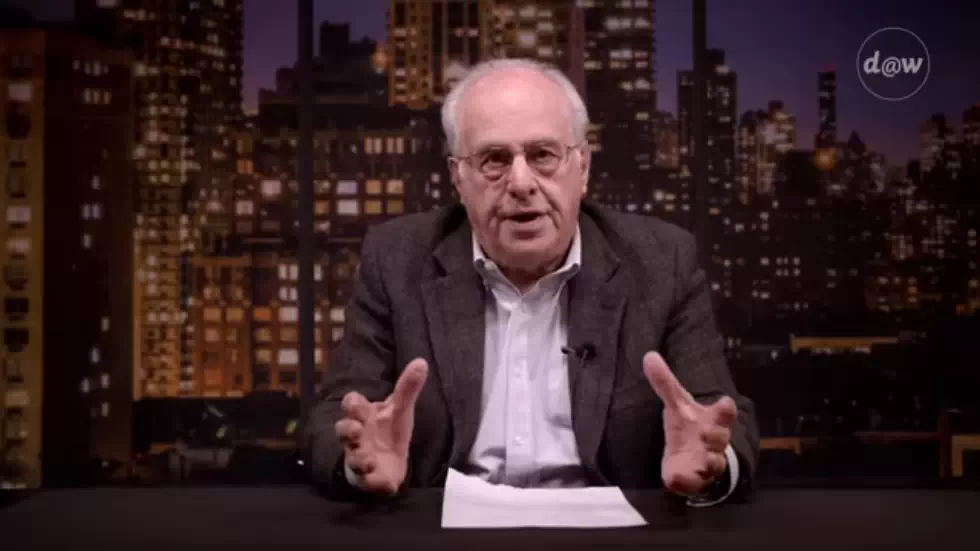
Neoliberal capitalism 00:13
- Neoliberal capitalism, also known as global capitalism, emerged after the Great Depression and World War II.
- It gave private-led capitalism a new chance to rebuild and have another growth spurt.
- By the 1970s, the growth spurt was beginning to have a problem keeping going, and capitalism's next growth spurt took an unusual form.
- More money was to be made in Asia, where wages were much cheaper, environmental protection was less, and governments were eager to provide jobs for their people.
- American corporations, along with European and Japanese corporations, were eager to have access to cheaper labor and huge Asian markets, so neoliberal globalization took hold.
Hollowing out of the old working class 04:25
- Jobs left the first-world countries, and the old centers of capitalism faced a hollowing-out of the old working class.
- High-paid, unionized jobs in the factory, where workers' struggles had built up decent livelihoods for people, were the first to go.
- The capitalist Powers outside of the United States, Europe, and Japan emerged, creating a dynamic new center competing with them.
- The disappearing jobs, the disappearing middle class, disappearing standards of living, and disappearing opportunities for children created tension and provoked an upsurge of militant labor movements.
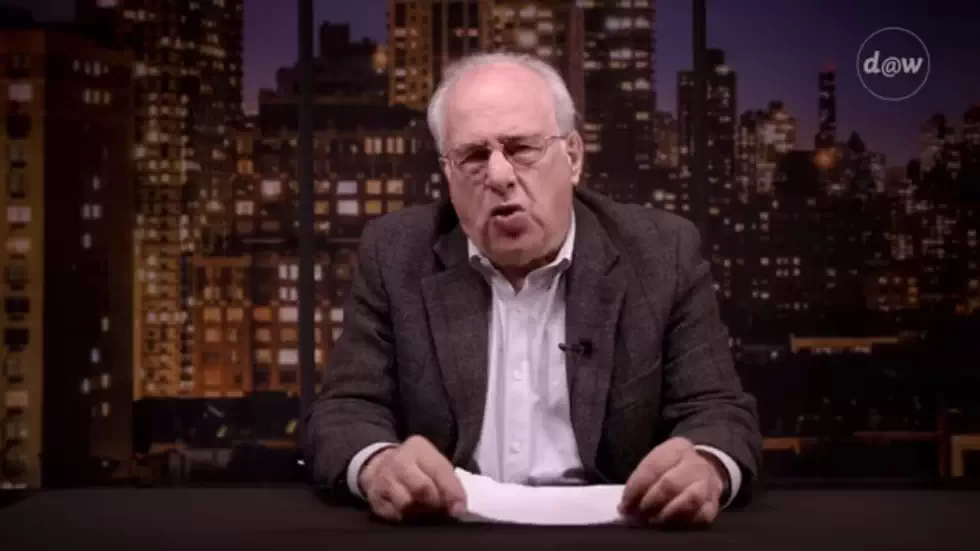
Militant labor movements 06:31
- The rising militancy of the labor movement in the US led by service workers among the lowest paid should be no surprise.
- Even in China and India, working classes were reacting to the hard times they were facing.
- The fact that France, as a whole country, is shut down by the demand of its working classes not to have the problems of French capitalism taken out on them by taking away the pensions they've already paid for.
- The Germans who last month shut down the transportation system in their country as a protest against the inflations attacking the working class.
Economic nationalism 07:56
- There has been a shift from globalized neoliberal expansion to its opposite retraction.
- Countries are fighting against one another, and the United States is hobbling interactions with China.
- Economic nationalism has replaced neoliberal globalization.
- Europe is caught between figuring out what to do. Should it still stay with the United States, doing a lot of its dirty work politically as in Ukraine, or is the future of Europe better with the new centers? That issue is being fought out in Europe, even if the media in this country pretends otherwise.
- The isolation of the United States is important to understand.
Capitalism in state form 09:12
- We were told that the great struggle was between the state as an owner-operator of enterprises and the private sector as owner-operator of the enterprises that produce goods and services.
- It was the struggle between capitalism and socialism, and we've learned that it was a terrible mistake.
- Capitalism has a private form and state form, just like slavery did and feudalism did.
- During slavery, there were private slavers/masters who were private individuals running a business with slaves and governments that had and operated slave enterprises.
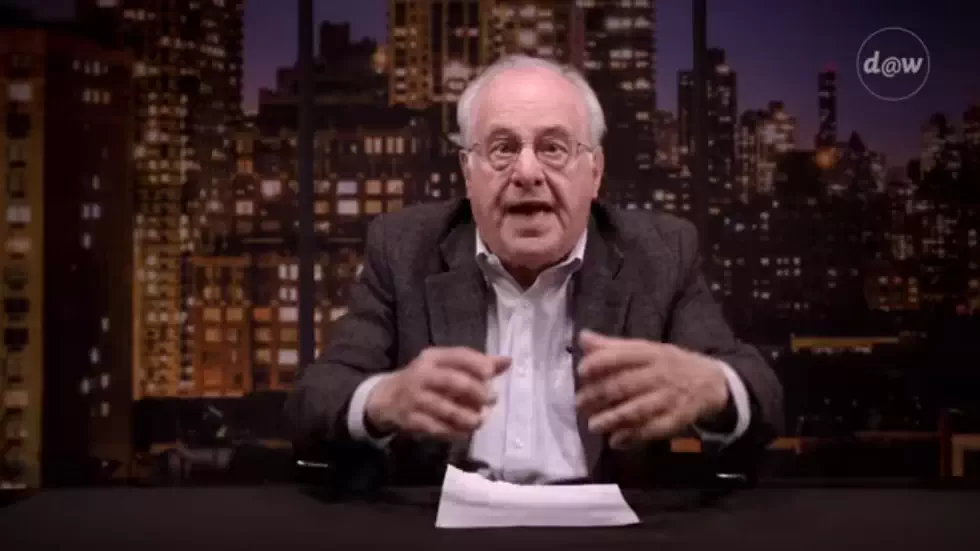
State and Private Hybrid 10:21
- Economic systems are a combination of state and private ownership.
- In history, societies have transitioned from private ownership to state ownership when private ownership failed.
- The United States is currently moving toward a larger role for the state, which both Republicans and Democrats acknowledge.
People's Republic of China 11:50
- The People's Republic of China is a capitalist country with a hybrid of state and private ownership.
- The employer-employee relationship is still the same, which socialism aims to change.
- China's model shows that a hybrid system can lead to more rapid economic growth than an all-state or all-private ownership system.
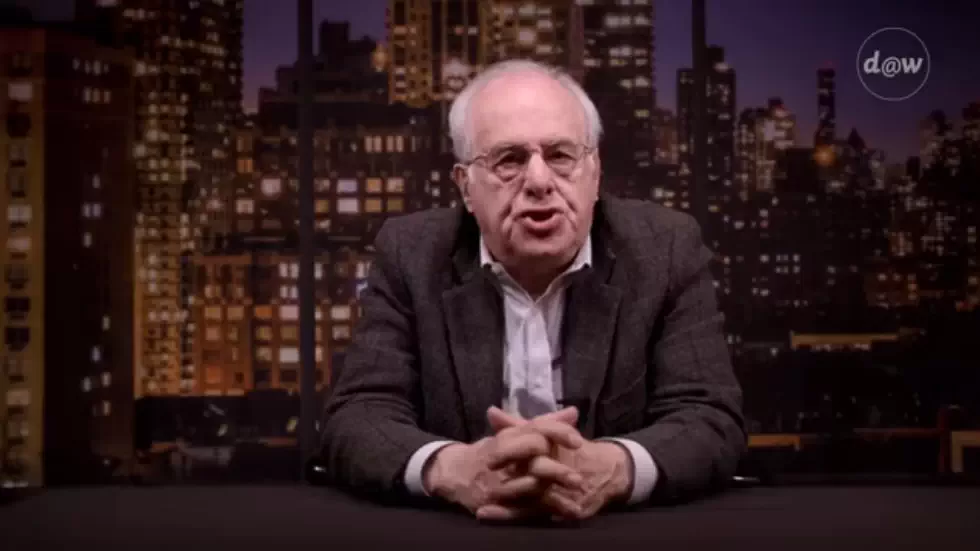
Decline of American Empire 16:44
- The American Empire has peaked and is now in decline.
- Honduras recently ended diplomatic relationships with Taiwan and recognized mainland China, which only a dozen countries do.
- The United States is one of the dozen countries still recognizing Taiwan.
- China has achieved a reconciliation between Iran and Saudi Arabia, two traditional enemies, without the involvement of the United States.
- The mistakes made in the Ukraine War show that the United States cannot keep pushing its agenda without consequences.
Global Working Class 13:36
- An immense global working class is emerging, which is shrinking and suffering in the West but explosively growing in the East and the global South.
- This emerging global working class will change everything, as capitalists in the West worry about how long they can survive.
Democracy at Work 14:44
- Economic Update is produced by Democracy at Work, a small donor-funded non-profit media organization.
- Democracy at Work has been producing critical system analysis and visions of a more equitable and democratic world for 10 years.
- Richard Wolff's book, Understanding Socialism, is available on their website, which reveals the hidden histories of socialism and presents democracy in the workplace as a way to move forward without the destruction and tragedy of capitalism.
NATO and Russia 20:05
- NATO is an alliance of Western countries that is traditionally opposed to the Soviet Union.
- The West had previously thought it could push the boundaries of NATO into Russia without pushback.
- However, the plan did not go as expected, and the West had to invest significantly more resources than anticipated.
- The conflict between Ukraine and Russia was not as simple as the West thought.
- Russia has powerful friends, and the United States was unable to marshal a global consensus around its position.
- These events are signs of empire decline.
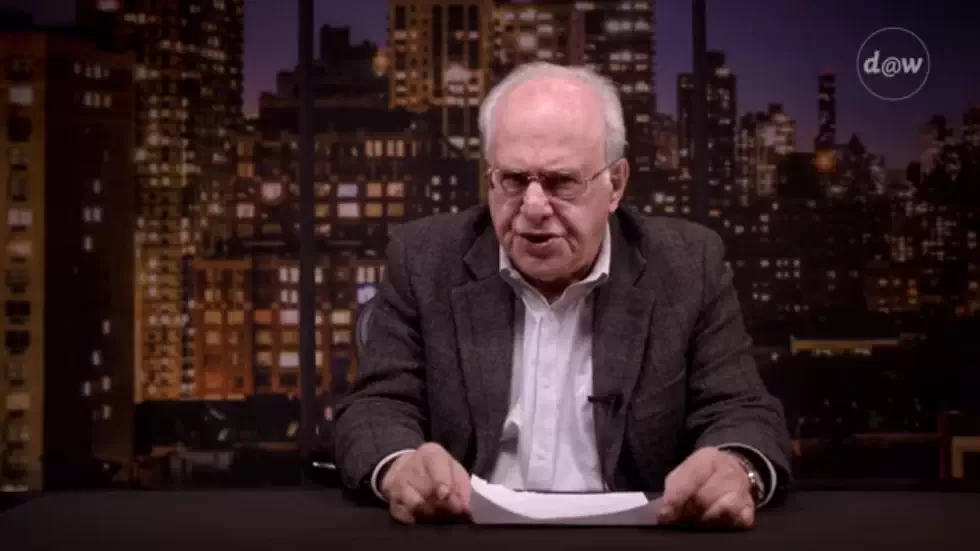
The New Economic Order 23:20
- The most important question about the new economic order is whether the global working class will be mobilized and educated by the challenges of this phase of capitalist development.
- The global capitalist system has undergone a traumatic change in the last 40 years, leading to significant changes for working-class individuals worldwide.
- The working class in China, for example, has undergone a transformation in decades that took Europeans centuries.
- The same is true in the United States and Western Europe, where the middle class has been wrecked by inequality.
- The question is whether this working-class turmoil will congeal into its own notion of where the future lies.
The Declining American Empire 23:52
- The declining American Empire raises questions about whether it will be replaced by a rising Chinese Empire or whether we will create a multinational, multipolar world.
- The economic growth of China, India, and other countries labeled BRICS has created a powerful new poll in world development.
- The challenges of moving old centers of capitalist development and creating new centers have created friction, difficulty, and change.
- The political forces, national forces, and economic realities are all important in changing and shaping questions and answers.
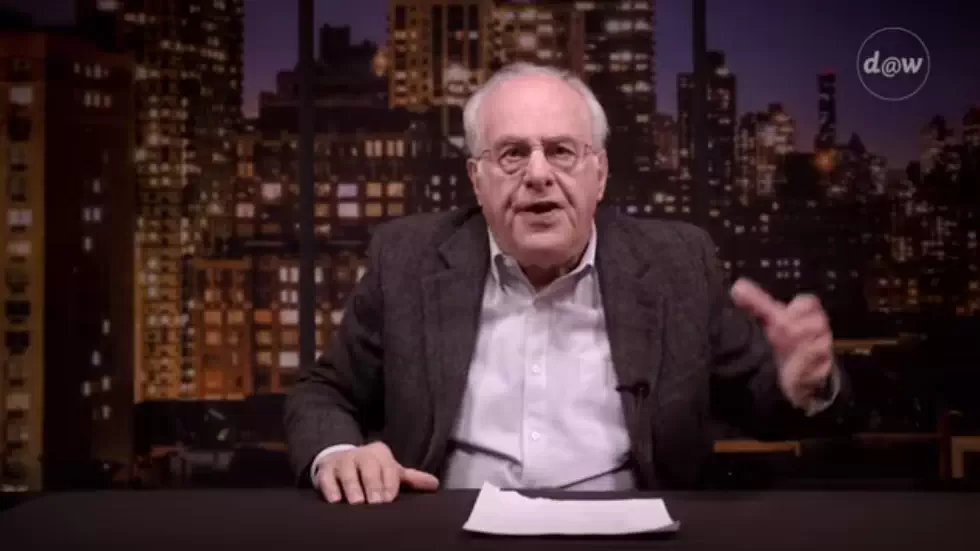
Ecological Movements 25:02
- The ecological movements are struggling to answer the big question of whether we need a multinational, multipolar world in which different countries work out a livable arrangement for all on this planet with its limitations.
- The political forces, national forces, and economic realities are just as important in changing and shaping questions and answers.
The Future of the Global Working Class 26:21
- The question of whether the global working class will be mobilized and educated by the challenges of this phase of capitalist development is the most important question facing the new world economy.
- If the working class can congeal into its own notion of where the future lies, it could reshape the world economy and create a world economy shaped by the desires of the people living in it.
Closing remarks 30:06
- The speaker thanks the audience for their attention and as always, looks forward to speaking with them again next week.
Conclusion music 30:16
- The video ends with background music as the speaker thanks the audience for watching.
End of video 30:20
- The video ends with a final thank you from the speaker.
